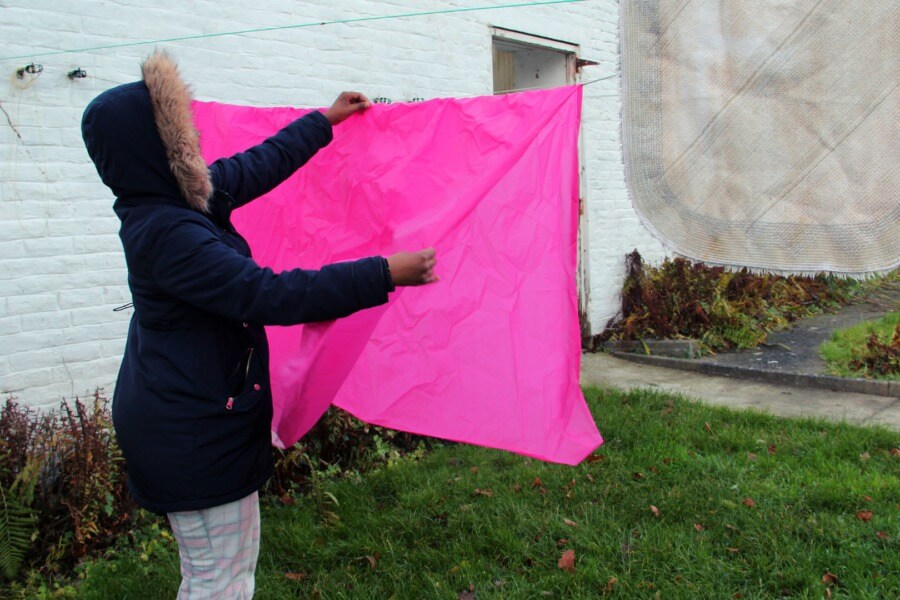
Valentine’s story
Since July 2018, Valentine[1], and her three children have lived in a studio at Logis de Louvranges, a shelter for vulnerable women with or without…
Read moreCaritas International by region
Caritas International in Belgium
“I had no future in Syria?” says 17-year-old Heba Joha; “Right now, I’m in the process of designing one.” Three years ago, the Syrian family, including Heba, her parents and her two sisters, arrived in Belgium after being resettled from Lebanon. “This is the best thing that happened to us,” says Heba’s mother Souad.
“The first few months, I was always scared when I saw or heard a plane in the sky,” recalls Heba. “Now I know the situation is calm here, but in Syria we lived among the bombs.” Souad explains: “Security here is very important.”
Peace and security
“We live in Lebbeke, a small peaceful village with very nice neighbors. Everyone on the street knows each other. The first year here, we always called ahead before visiting or neighbors. Yet now we often drink coffee or tea tighter. Sometimes we also eat together,” recalls Souad.
“Our neighbors really like the taste of Arab food. They have also cooked chicken and rice for us- it was very good…and they eat potatoes every day!” Heba says surprised. “We also hosted a party for our neighbors 70th birthday. Now we celebrate all the holidays together whether they are Christian or Islamic.”
Respecting others is very important. If you respect people, you also get respected.
- Heba
Find your way in Belgium
For the past year, Souad and Heba have been ambassadors for the Caritas and Fedasil resettlement project (FR/NL). They use their personal experiences to connect with and to aid other Syrians resettle here in Belgium. “It’s great to be able to help others and get to know new people,” explains Heba. “For example, there are girls who are worried about whether they will be able to continue wearing the veil. So, I reassure them.”
“We also receive a lot of questions about how to contact people here, about life and the culture in Belgium,” she continues. “Respecting others is very important. If you respect people, you also get respect.”
Language is the key to life
“Speaking Dutch has been the hardest,” says Souad. “But I take courses and practice a lot. When my husband and I go to the doctor, the doctor is always very patient. Heba used to come and translate for me but the doctor encouraged me to talk and now we can go without Heba.”
Heba is now taking business and language courses and speaks Dutch very well. The situation used to be very different. “At the beginning it was really complicated. The first two months at school, I often cried. I didn’t know how to talk to anyone and I was often left alone,” she recalls. “Language is the key to life. I couldn’t express myself well, so I smiled at the other students. I kept trying to speak, and after five months I understood everything. Despite that, I made some really good friends at school.”
“I always take it one step at a time,” Heba continues. “If you want to climb a mountain, you don’t do it all at once. You also take it step by step.”